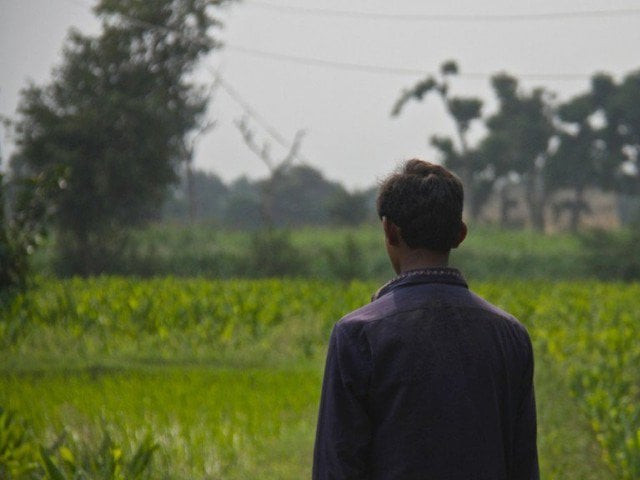Balanced fertiliser use key to ensuring food security
Experts say farmers are unable to adapt to emerging global trends

PHOTO: EXPRESS
According to some experts, the government is not very active and there is a gap between its policies and ground realities. Others believe that the poor pace of agricultural growth is due to uneducated farmers, who lack the vision to adapt to changing global trends.
By adopting modern practices like use of genetically modified (GM) seeds, countries such as India, China and Bangladesh have succeeded in increasing their per acre yield.
Apart from technological advancement, they are also giving high subsidies on agriculture inputs to protect the farmers and allied industries, enabling them to compete at the international level.
Unfortunately in Pakistan, the scenario is not very much encouraging and majority of the farmers are using decades-old farming practices. The use of GM seeds is limited to cotton and that too on a small scale.
Experts have now started warning the government of a possible food crisis in coming years, if steps are not taken to improve the situation.
Besides the price mechanism, infrastructure and subsidy issues, there is a dire need for the farmers to know how they can enhance their per acre yield under such tough circumstances.
For instance, a balanced intake of fertilisers for any crop can enhance the per acre yield up to 50%, but very few farmers are adopting this advice due to lack of awareness.
The Economic Survey of Pakistan 2016-17 reveals that Pakistan's land is 100% deficient in nitrogen, 90% deficient in phosphorus and 40% deficient in potassium. It is imperative that the farmers understand the need for balanced use of fertilisers for better crops. However, a hurdle is that fertiliser costs have gone beyond the reach of farmers, despite government subsidies.
Urea, diammonium phosphate (DAP) and potash are the major fertilisers used in Pakistan. Urea, which is more widely used, is the cheapest as it is produced locally and sufficient to meet all demand.
As per industry experts, Pakistani farmers use around 170 million bags (50 kg each) of fertilisers of different categories. Of this, 110 million bags are of urea, 30 million bags are of DAP and only 2.5 million bags are of potash.
Experts have urged government departments to reach out to the farming community and educate them about the benefits of balanced fertiliser intake. They said the government should take concrete steps to enhance local production by ensuring required supply of natural gas to fertiliser manufacturers and by further slashing the prices.
Sufficient energy supplies and other commitments made by the government to the fertiliser manufacturers might encourage them to further invest in DAP production. This may result in DAP prices stabilising in coming years, which will help farmers maximise productivity and tackle the food security issue.
Published in The Express Tribune, September 2nd, 2017.
Like Business on Facebook, follow @TribuneBiz on Twitter to stay informed and join in the conversation.



















COMMENTS
Comments are moderated and generally will be posted if they are on-topic and not abusive.
For more information, please see our Comments FAQ